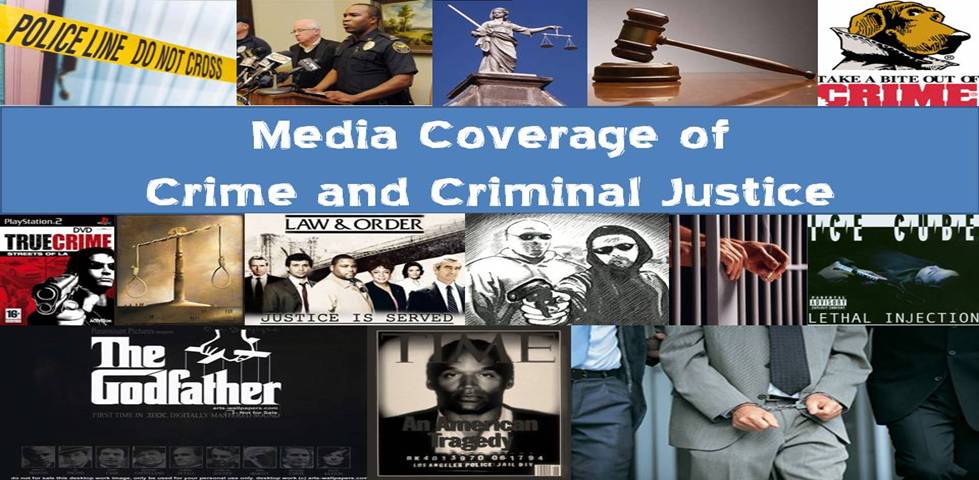The 5-4 decision is the latest in a series from the court limiting the penalties imposed on juvenile offenders who commit violent crimes. In 2005 –in a case called Roper v. Simmons--the court rejected the death penalty for juveniles, and in 2010—in Graham v. Florida, it said that juveniles who commit non-homicide offenses can no longer receive sentences of life without parole.
Those decisions were written by Justice Anthony Kennedy who relied on scientific evidence regarding the development of children's brains.
Experts say that even at ages 16 and 17, when compared to adults, juveniles on average are more:
- impulsive.
- aggressive.
- emotionally volatile.
- likely to take risks.
- reactive to stress.
- vulnerable to peer pressure.
- prone to focus on and overestimate short-term payoffs and underplay longer-term consequences of what they do.
- likely to overlook alternative courses of action.
And we know why. it is their brains. So here we are, the day where science actually matters for criminal justice issues.
http://abcnews.go.com/Politics/OTUS/supreme-overrules-life-parole-juveniles/story?id=16519254#.T-ic0sWIR8E
Also decided today was the case involving Arizona's immigration law.
In a 5-3 provision the Court struck down:
-- Authorizing police to
arrest immigrants without warrant where "probable cause" exists that
they committed any public offense making them removable from the
country.
-- Making it a state
crime for "unauthorized immigrants" to fail to carry registration papers
and other government identification.
-- Forbidding those not
authorized for employment in the United States to apply, solicit or
perform work. That would include immigrants standing in a parking lot
who "gesture or nod" their willingness to be employed.
Yet, the Court let stand a controversial provision that lets police check a person's immigration status while enforcing other laws.


No comments:
Post a Comment